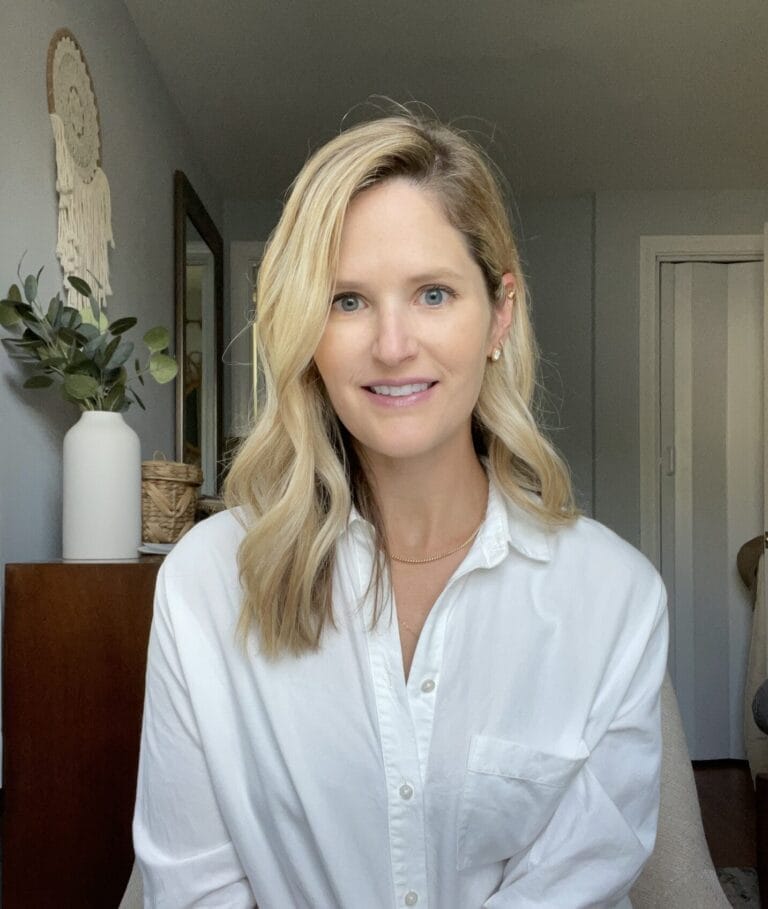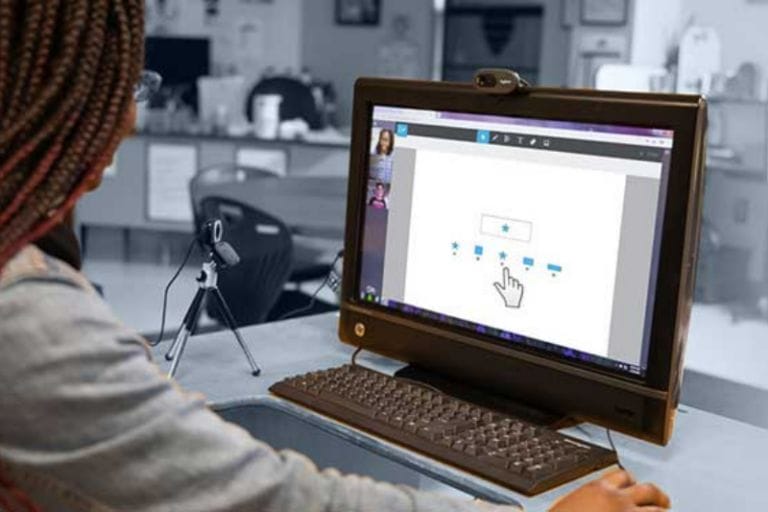The role of paraprofessionals, or “paras” as they are often called, varies from district to district. Christina Hernandez, PresenceLearning’s Special Education Support Specialist, was a para for two years at a school within the Imagine Schools charter organization. Christina was hired by Imagine to be a paraprofessional for the school’s online speech therapy program with PresenceLearning. In this role, she escorted students to and from their classroom and sat in on their sessions.
Like many other schools, this particular school needed the para to wear many different hats. In this case, the two-person special education department of a brand new bilingual charter school required Christina to become the school’s special education assistant. Her expanded responsibilities included:
- Assisting with online speech therapy: As she did in her previous role, Christina assisted students to, from and during online speech therapy sessions.
- Doing group work in the special day class: Students would break off into small groups so Christina and the teachers could hone in on students’ need levels. The lessons focused on math, reading and comprehension, writing and anything the students needed to improve upon.
- Helping with compliance management: Christina compiled students’ hard files by contacting their previous schools to gather records. She also scheduled students’ IEPs to make sure all meetings and paperwork were completed on time.
- Liaising with teachers: Christina worked with classroom teachers to get their input on student progress and then relayed this information back to the online SLP.
- Collecting data: Christina worked with and recorded data for students who needed behavior modification.
“I gained extensive experience working in special education and schools so I had a good understanding about what needed to get done and how I, as a para, could assist to meet the goals of our special education program,” Christina said. “There are a number of factors that may contribute to how much or how little a para can contribute. A para must approach their role with an open mind, patience and a willingness to learn. Above all the para must remember that every move they make has to be in the best interest of the students. Sometimes this simple policy is overlooked. The para supervisors play an important role in how effective a para can be. Paras can be more effective with more training. Educating a para about a their students’ education program and their role in it will generally motivate a para and ultimately help the student achieve more success. The challenges that all schools face, such as overwhelming workloads, school politics and lack of communication, ultimately trickle down and play into a para’s daily role.”
Moving to PresenceLearning
Christina joined the PresenceLearning team in August 2014 as the new Special Education Support Specialist. Using her past experience as a para, she helps new online SLPs assimilate to the online platform and find the digital resources available to them so they can successfully conduct therapy.
PresenceLearning’s more than 700 online therapists can ask questions, suggest improvements and receive both procedure updates and company reminders through a designated email account and a Yammer network dedicated to the PresenceLearning community of therapists, both of which Christina monitors. The questions are answered and the suggestions are often applied to platform updates, which continually helps the platform to become more user friendly and dynamic. Christina’s role streamlines communication from clinicians to the appropriate PresenceLearning department such as Product Development, Clinical or Operations. She also updates the therapists’ online training resource called the “Telepractice Institute,” which features tutorials about how to use the PresenceLearning platform and includes forms, checklists and state IEP system links, which therapists need to manage their caseloads. She also has a hand in creating the PresenceLearning help desk, which houses searchable articles based on clinicians’ frequently asked questions.
“I always enjoyed the camaraderie of a school setting,” said Christina. “PresenceLearning therapists are telepractice pioneers who do work that inspires all of us everyday. We try to create a sense of community, despite the distance.”
And the community is thriving. Many therapists who consult for PresenceLearning cite the community as a major perk. Said one SLP about the company and community, “I feel so privileged and thankful to have this opportunity to work with such exceptional people. Being part of the PresenceLearning family is honestly the best gift I can ever receive this year!”




